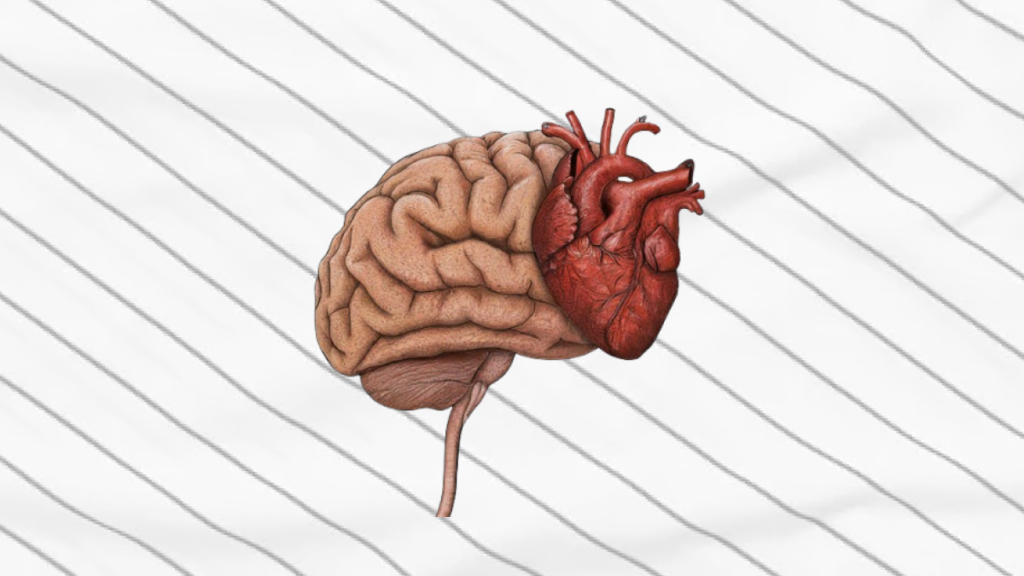Unlocking Brain Targets for Depression Treatment: A Breakthrough Study

A recent study conducted by researchers at Brigham and Women’s Hospital has unveiled a shared brain network between heart rate deceleration and depression, shedding light on potential avenues for more precise and accessible treatment options. Published in Nature Mental Health, the study analyzed data from 14 individuals without depression symptoms, revealing intriguing connections between brain stimulation, heart rate modulation, and depression.
Through the use of transcranial magnetic stimulation (TMS), researchers targeted specific brain regions associated with depression. Remarkably, stimulating these regions not only affected depressive symptoms but also led to alterations in heart rate. This discovery suggests that clinicians could potentially pinpoint treatment areas without relying on costly and scarce brain scans, thereby streamlining the treatment process.
Senior author Shan Siddiqi, MD, emphasized the collaborative nature of the research, which originated from discussions during a conference where researchers from the Netherlands presented heart-brain coupling data. Siddiqi expressed enthusiasm for the potential of this precision-targeted treatment to reach a broader population beyond the confines of Boston, where advanced technology is readily available.
The study delved deeper into individual brain connectivity patterns by analyzing functional MRI scans from participants. This analysis identified optimal targets for depression treatment based on connectivity and previous research. Each participant had 10 brain spots designated as either optimal (connected areas) or non-optimal for depression treatment. By stimulating these spots with TMS, researchers observed notable changes in heart rate.
Lead author Eva Dijkstra, MSc, highlighted the study’s significant findings regarding heart-brain coupling accuracy. By measuring heart rate during stimulation, researchers achieved a remarkably high accuracy in defining connected brain areas. This breakthrough could pave the way for personalized TMS therapy tailored to individual brain connectivity patterns, thereby enhancing treatment effectiveness.
Moreover, the study’s implications extend beyond depression treatment. The potential development of treatments useful to cardiologists and emergency doctors in clinical settings represents a promising avenue for future research. Furthermore, a larger study currently underway in the Netherlands involving 150 people with depression disorders, including treatment-resistant cases, aims to validate these findings and inform future clinical translation efforts.
In summary, the study represents a crucial step forward in understanding the intricate relationship between brain function, heart rate modulation, and depression. By uncovering specific brain targets for modulation, researchers are poised to revolutionize depression treatment and potentially expand its accessibility to a broader population.

